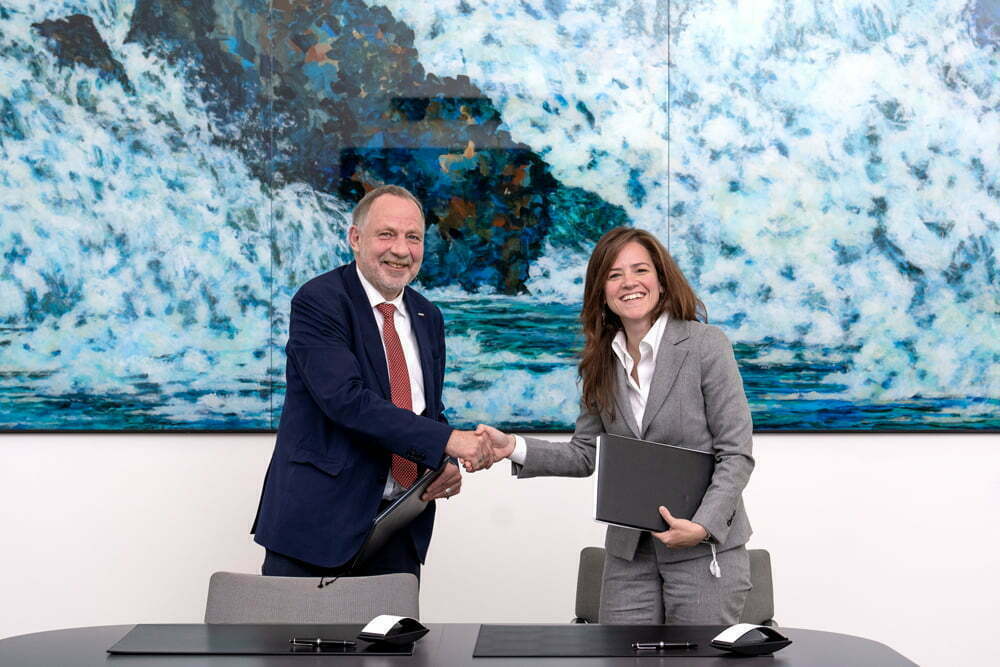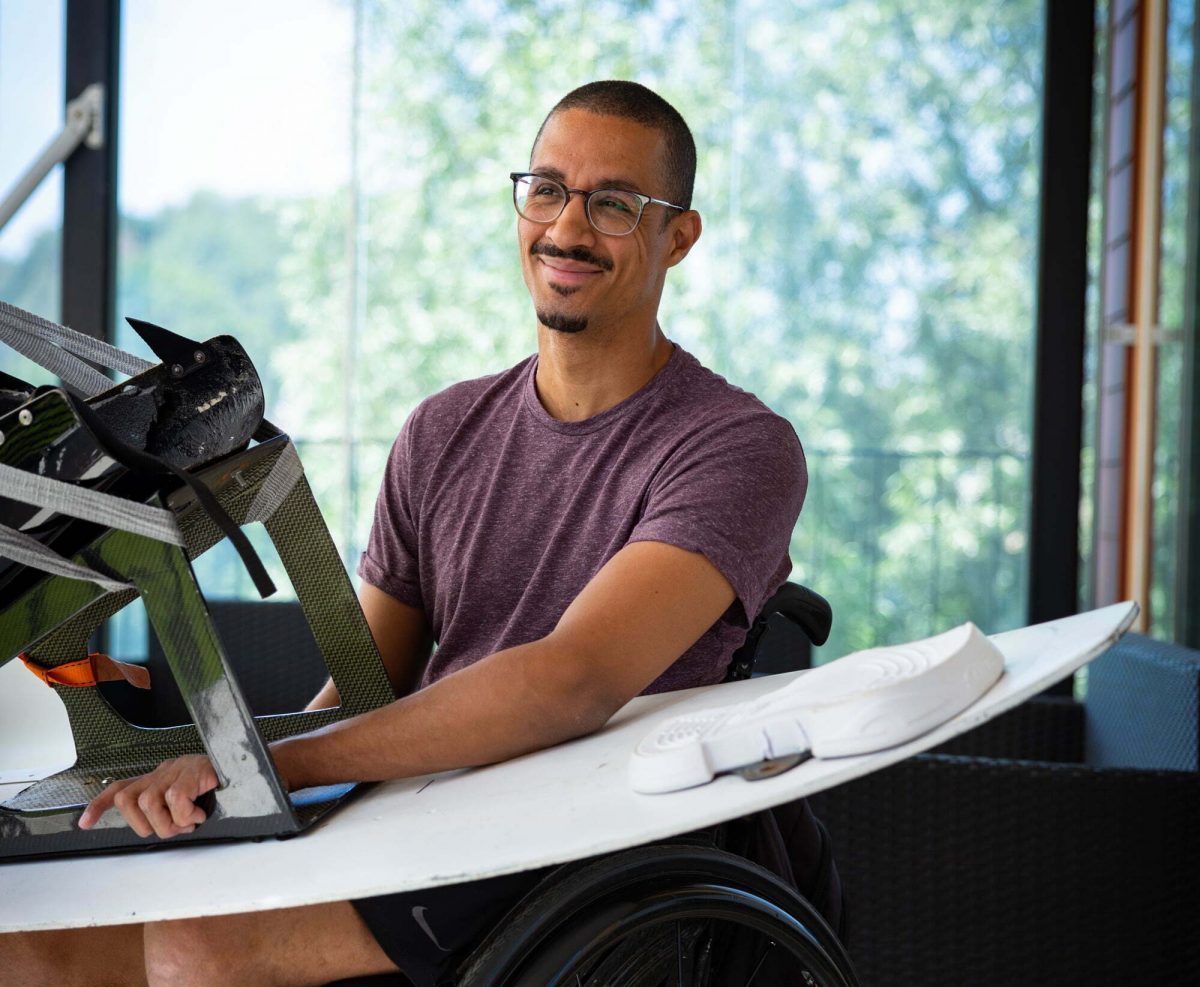Bayer supports sustainability of agricultural and food systems
The World Food System Center of ETH Zurich and Bayer launch a partnership focused on sustainable agricultural systems and production practices. Bayer is supporting several interdisciplinary research projects of the World Food System Center with a total donation of 1.1 million Swiss francs over the next four years.

© ETH Foundation / Valeriano di Domenico
© ETH Foundation / Valeriano di Domenico
In order to develop solutions to major food challenges the world is facing, the World Food System Center of ETH Zurich launches a new research program, supported by Bayer, focusing on improving sustainability of agricultural and food systems across key environmental metrics. The goal is to understand the benefits and tradeoffs of various measures in agricultural systems and production practices while maintaining the production potential and strengthening overall resilience of the agricultural system towards climate impacts and biodiversity.
Research for the future of agriculture
Around the globe, agricultural and food systems are facing major challenges. Future agri-food systems must provide sufficient healthy and affordable food for a growing world population as well as deliver a sufficient economic benefit for farmers. At the same time, climate change, increasing scarcity of natural resources, and deteriorating soil health and biodiversity all pose major stress on the entire food system.
Food production, therefore, needs sufficient yields of good quality while substantially reducing the environmental risks and footprints. Such production requires promotion of solutions that are tailored to the local conditions, cropping systems, and farmers’ needs. Balancing these trade-offs is necessary to secure the production potential of agriculture and farming systems in the long term.
Natasha Santos, Head of Global Stakeholder Affairs & Strategic Partnerships at Bayer Crop Science comments: “According to the UN, the world population will grow to around 10 billion people in the next 30 years. Supplying these 2 billion more people than today’s population with food represents a huge global challenge. At the same time, climate change is reducing agricultural production. If farmers are to “produce more with less” now and in the future, innovative technologies that deliver greater resource efficiency are essential. We as Bayer are happy that we can support the World Food System Center providing scientific guidance on solutions to transform agriculture toward a more resilient, sustainable and food secure future”.
Detlef Günther, Vice President Research at ETH Zurich, comments: “In contrast to progressing towards eradicating hunger, the number of undernourished people in the world is on the rise. New solutions are needed to produce sufficient food of good quality, making it accessible for all while greatly reducing environmental risks. This new partnership supports interdisciplinary research to identify solutions that consider relevant tradeoffs for farmers, industry, and consumers.”
Special focus on environmental footprint
The partnership enables new interdisciplinary research projects that will specifically aim to identify sustainable production practices and agricultural systems covering all sustainability dimensions, explore them along key metrics, and further improve their sustainability by minimizing trade-offs with special focus on the environmental footprint and risks of production. A key component of the partnership is on collaboration and knowledge-sharing between research and practice as well as interdisciplinary, solution-oriented research approaches for major crops grown in Europe.
Starting in 2023, the World Food System Center will identify the first research projects through a call for proposals. The funded interdisciplinary projects are expected to yield insights on pathways to reduce the environmental impact of food systems using a holistic perspective. The World Food System Center and Bayer look forward to sharing the results with the agriculture sector, other research institutions, companies, and the public. In the future, other industry partners may also participate in the research activities.


